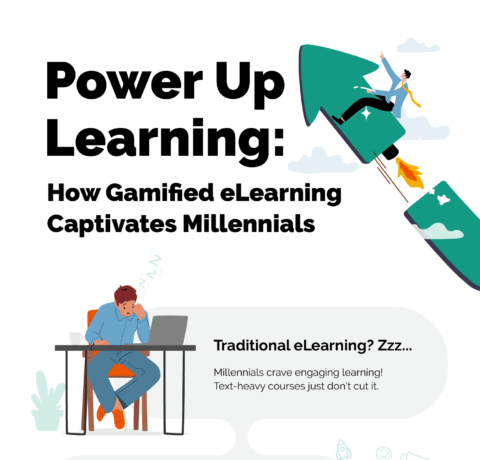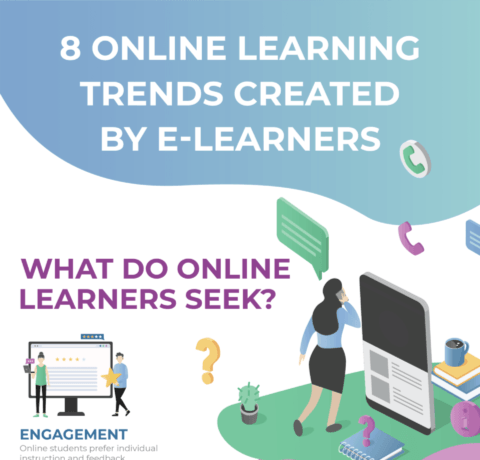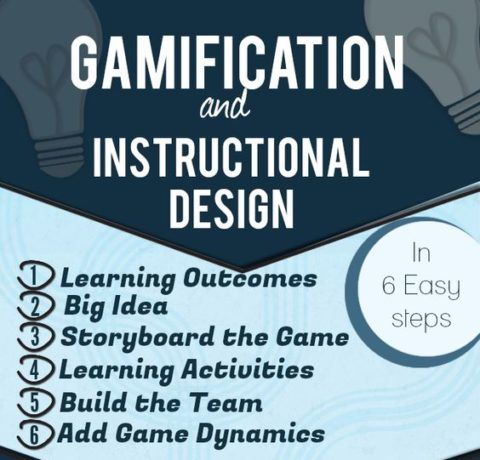A Brief History of Gamification Infographic
Nearly 20 years before the Model T was introduced, marketers were experimenting with ways to inspire loyalty in their customers. Over 100 years later, brands are still searching for methods to positively reinforce buying behavior and engagement, with gamification producing unprecedented results. Gamification draws from an eclectic range of sources, but this timeline specifically explores the relationship between loyalty, games and fun.
- 1896 - S&H Green Stamps. Marketers sold stamps to retailers who used them to reward loyal customers
- 1973 - Charles Coonradt founds a consulting firm called "The Game of Work," and brings feedback loops found in sports into the workplace
- 1979 - MUD1 is created by Roy Trubshaw at Essex University. It was the first multi-user virtual world game
- 1980 - Thomas Malone publishes "What Makes Things Fun to Learn: A Study of Intrinsically Motivating Computer Games"
- 1981 - American Airlines introduces AAdvantage, the first frequent flyer program
- 1983 - Holiday Inn launches the first hotel loyalty program
- 1987 - National Car Rental launches the first car rental rewards program
- 1990 - 30% of American households own an NES. A new generation of gamers is born
- 1996 - Richard Bartle publishes "Who Plays MUAs" which divides video game players into four unique types
- 2002 - Serious Gaming Initiative forges a link between the electronic gaming industry and training, health, education and public policy
- 2003 - Nick Pelling coins the term gamification
- 2007 – Bunchball creates Dunder Mifflin Infinity, a gamified website for the TV show The Office. It receives over 8 million pageviews in six weeks
- 2009 - Quest To Learn accepts a class of 6th graders into a game-based learning environment
- 2010 - DevHub adds a points system to its website, and increases user engagement by 70%
- 2010 - Gamification Co. holds the first Gamification Summit in San Francisco, CA
- 2012 - 45,000 people enroll in Professor Kevin Werbach's online gamification course through Coursera
- 2012 - Mozilla Open Badges initiative is launched. The open source badges can be used to mark accomplishments online
- 2012 - Gartner predicts 70% of Global 2000 organizations will have at least 1 gamified application by 2014
- 2014 M2 Research predicts that gamification will be a 2.8 billion dollar industry by 2016
Gamification has become mainstream for both businesses and consumers. It has found its way into ground breaking science projects and presidential elections. When done correctly, gamification produces indisputable results, and is likely to remain a cultural force for years to come.







You can adjust your cookie preferences here.